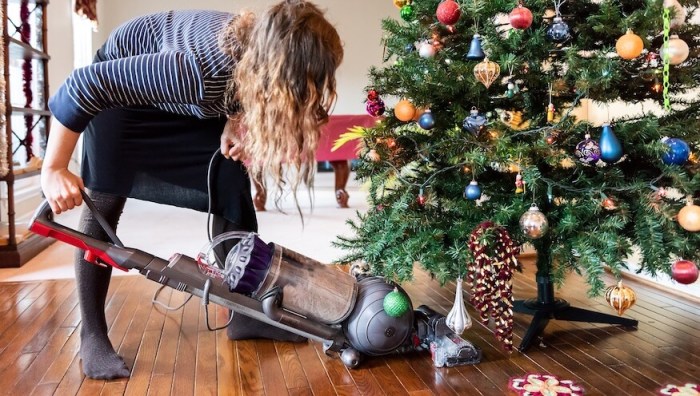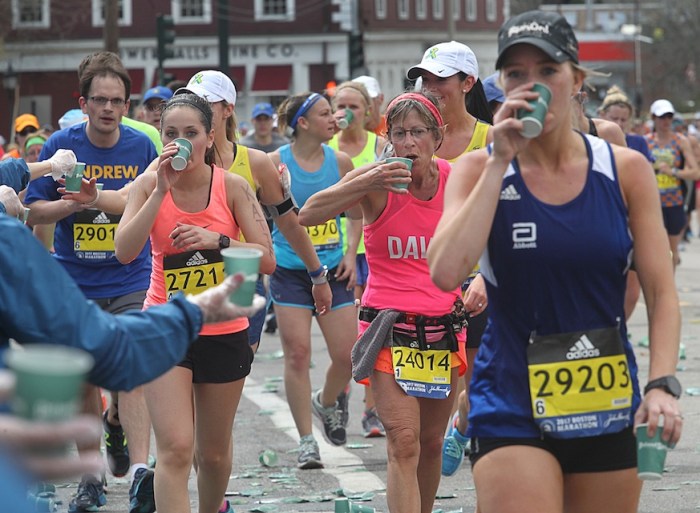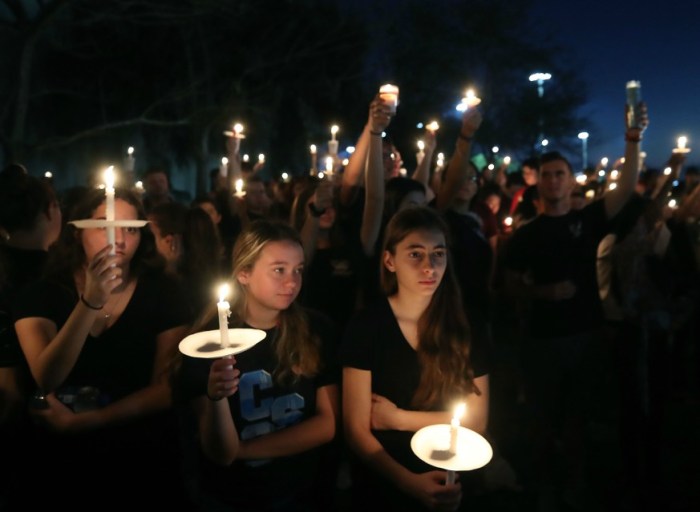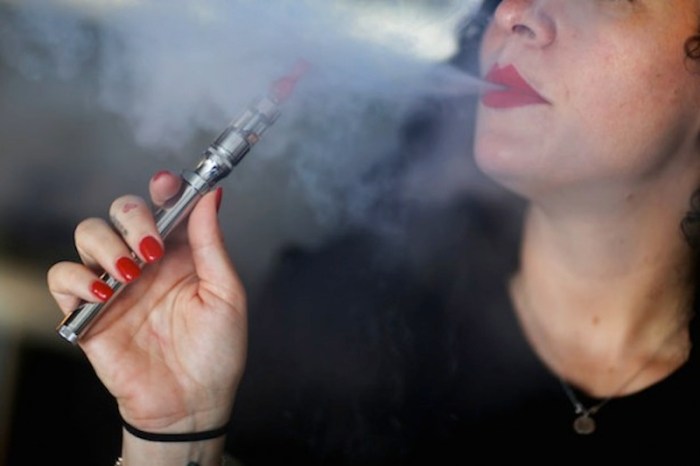When most people hear the name “Arianna Huffington,” they think columnist, they think co-founder and editor-in-chief of The Huffington Post, they think political animal. They don’t think sleep. Yet after a time of finding her health, well-being and overall effectiveness — personally, professionally — dinged by a lack of sleep, she took action—and, of course, wrote about it.
“The turning point was me collapsing [in 2007] from sleep deprivation and breaking my cheekbone,” says Huffington. “That was my wakeup call. I then began to look around and realize that I, by no means, was the only one. Millions of people are suffering from burnout due to a lack of proper sleep. We live in a culture with a collective delusion that we need to be always on.” Our collective lack of shut-eye is actually making us less effective.
“Only by renewing our relationship with sleep can we take back control of our lives,” insists Huffington. That’s the central thesis of Huffington’s newest book, “The Sleep Revolution: Transforming Your Life, One Night at a Time.” I think the most important question is: How did you sleep last night? Do you know who you’re seated with at the dinner? Where do you stand on the election now? When were you able to connect the dots between sleep deprivation and other aspects of your life being off? RELATED: How healthy are these Instagram snacks? What happens now when you don’t get that level of sleep, or is that not even a question at this point? Before you looked to expert advice, what commercial steps did you take? In your book, you don’t seem fond of sleeping pills. Was it hard giving up artificial light during sleep time? RELATED: Quiz: What type of runner are you?
One of the things your write smartly about in “Sleep” is the positive effect of cognitive behavioral therapy. So what, other than resting better and feeling more productive, should we take from reading “The Sleep Revolution”?
Perfect question. I slept beautifully. I was in Boston, I got my eight hours, worked out, did my full day in that city, which included speaking at a woman’s conference, and now, I’m on my way to catch a plane for the White House Correspondent’s Dinner.
I absolutely love the dinner because for someone like me who doesn’t live in Washington [it’s a chance] to see a lot of old friends. We have a great group of social-media stars sitting at our table, such as The Fat Jew.
My biggest concern — and that of Huffington Post, which is why we’ve embedded an editors’ note at the end of every story — is to remind readers how dangerous Donald Trump is. We have to keep reminding people of that.
When I look back, it was easier for me to catch colds. My immune system was lower. There was a clear connection there as well as with my level of decision making, as I made bad hiring decision.
No. As with all of our lives, unexpected things happen. Five percent of my life, therefore, I don’t get the full eight hours. But I don’t like myself at those times. I find that I am crankier and more easily upset by things if I don’t get proper rest. I’m not as creative or as good at problem solving. Most importantly, I don’t have the same sort of joy of which I am blessed to have in my life.
It’s not a solution, long-term. There are so many natural alternatives — half of the book centers on that. You also have to change your mind about the importance of sleep. After that, it is easier to change your habits in small microsteps. It’s like with young children, you don’t just drop them in bed. There are transitional steps that I detail in the book. With children, you give them a warm bath, you put them in PJs, you read them a story.
It was. Like so many of us, I have been addicted to my technology. Basically, what worked was having a little bit of discipline at the beginning in, say, disengaging from my computer. Thirty minutes before I turn out the light, then 15 minutes, then 5 minutes. What becomes a magnet is how you show up for your life the next morning.
As you know, I’m trying to base what I’m saying on science, not opinion. We have the evidence that CBT is effective when it comes to sleep. Once you try all the alternatives like the warm bath to wind down your brain and your body, turning off all of your devices or reading books in bed. If you still have trouble sleeping, CBT is proven effective, because it corrects what keeps us awake and introduces changes in small steps.
What I learned while researching the book is that our culture needs to shift its way of thinking from the delusion that “we’ll sleep when we’ll dead.” We are paying too heavy a price with that in regards to our health, happiness and decision-making. Cultures believe a lot of false things — remember how we once thought smoking was OK for us just because there were doctors who advertised for smoking? How wrong was that? Sleeping is the new smoking — a genuine problem that we need to fix.


















